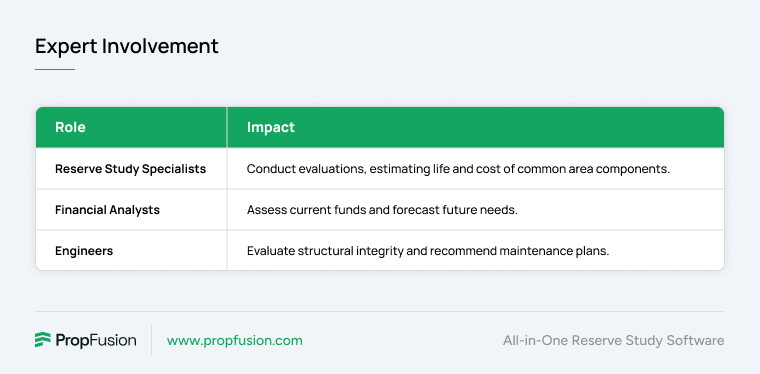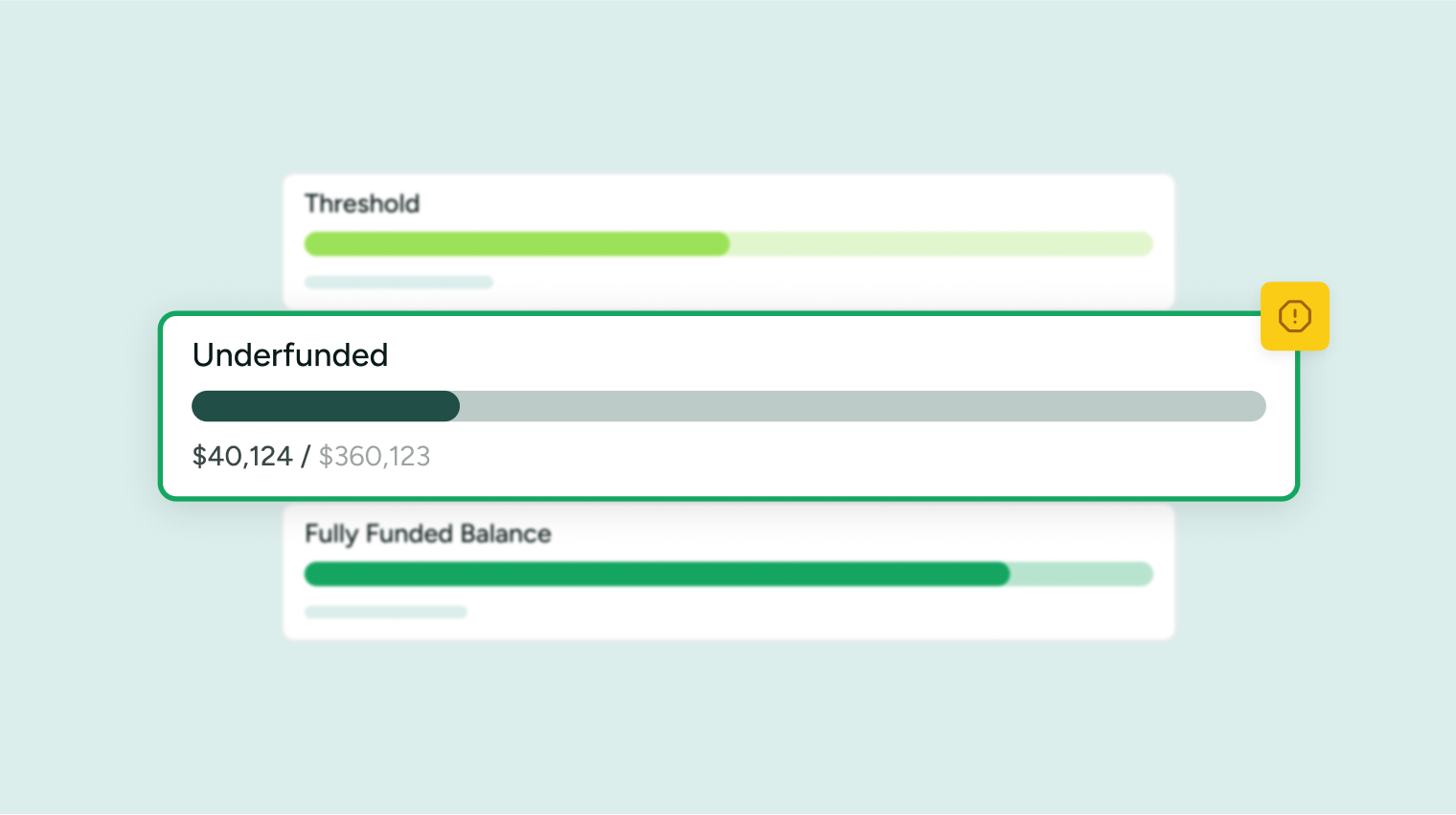Navigating Reserve Fund Studies: Who Guides the Process?


The Role of Reserve Studies
Importance of Reserves
Reserve funds play a crucial role in the financial stability of a Homeowners Association (HOA). By maintaining a well-funded reserve, HOAs can ensure they have the financial resources needed for future repairs and replacements. Regular assessments are necessary to confirm that the reserve fund is adequate to meet upcoming needs.
For instance, in Florida, it is mandatory for all condominiums and co-ops to include items such as roof replacement, building painting, and pavement surfaces in their reserve budgets, along with any other item with a deferred maintenance expense exceeding $10,000 (Florida Community Association Professionals). Failure to comply with these requirements can lead to penalties such as fines, regulatory action, and forced special assessments.

Understanding the significance of these reserves helps HOA board members make informed decisions that benefit both current and future residents.
Elements of the Study
A comprehensive reserve study consists of several key elements designed to assess the current state of the reserve funds and predict future financial requirements. Here are the main components:
- Condition Assessment: This involves an on-site inspection to evaluate the condition of common area components and estimate their remaining useful life.
- Financial Analysis: This element considers current reserve fund balances, projected expenditures, and funding plans. It is essential for developing a long-term financial strategy.
- Recommended Funding Plan: Based on the assessments and financial analysis, the study provides a recommended funding plan to ensure adequate reserves for future needs.
An HOA has a fiduciary responsibility to hire an independent reserve study company to conduct this essential work. A reputable professional can provide a well-documented plan that includes a prioritized schedule of capital improvement projects and a reserve funding plan for the next 30 years.
HOA board members can learn more about the elements of a reserve study and their specific responsibilities by visiting our article on what is a reserve study in HOA?
By understanding the importance and elements of a reserve study, HOA board members can better navigate the complexities of managing reserve funds and ensure their association's long-term financial health.
Conducting a Reserve Study
Effective management of HOA reserve funds requires a thorough and systematic reserve study. Conducting such a study involves understanding the role of experts and the frequency and costs associated with the process.
Expert Involvement
Homeowner associations (HOAs) typically rely on a network of reserve study experts to complete the reserve fund study, ensuring the best industry standards. These experts play a crucial role in evaluating the long-term financial health of an HOA by assessing the life and value of common area components, such as roofs, painting, and pavement surfaces.
In Florida, for example, Senate Bill 4-D mandates regular reserve studies for condominium associations, emphasizing the need for qualified experts to ensure financial readiness for future repairs. This law highlights the importance of expert involvement in the process.

To understand more about the purpose and involvement of experts in reserve studies, visit our article: what is a reserve study in HOA?.
Study Frequency and Cost
Regular reserve studies are essential for determining how much money is needed in reserve funds. Experts suggest maintaining reserve funds at least 70% funded, with an ideal goal of 100% funded. The frequency of conducting these studies varies but generally occurs every 3-5 years, depending on state regulations and the specific needs of the association.
In Florida, for instance, reserve budgets must include several items with deferred maintenance costs exceeding $10,000, ensuring that associations are financially prepared.
The cost of conducting a reserve study can vary widely based on the complexity and size of the association. Here’s a general overview:

Regular assessment remains key to ensuring that the reserve fund is adequate to meet future needs, safeguarding the financial health of the association and preventing costly repairs. For more details on maintaining and evaluating reserve funds, check out how much should you have in a reserve fund?.

Take Control of Your Association’s Future
































































